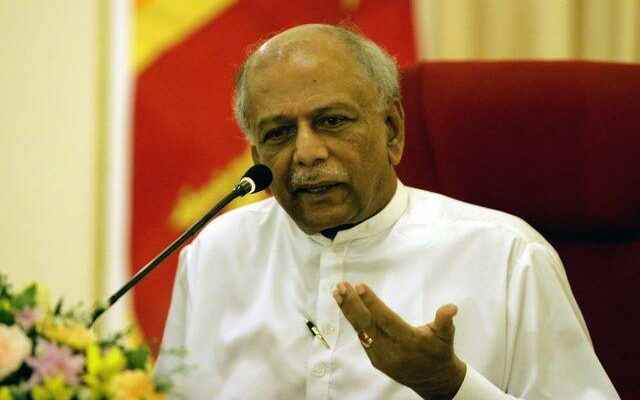In Sri Lanka, where the economic and political crisis continues, President Ranil Wickremesinghe said in his first speech since he was elected by the parliament on 20 July, that he aimed to reach an agreement with the International Monetary Fund (IMF). Wickremesinghe, who was elected as the head of state after Gotabaya Rajapaksa left the country due to the protests, said that the agreement with the IMF was delayed until September due to the crisis in the country.
Announcing in April that it has suspended repayment of its foreign loans due to severe foreign exchange shortage, Sri Lanka has to repay $28 billion of its $51 billion foreign debt by 2027.
WHAT HAPPENED?
Thousands of demonstrators demanding the resignation of Sri Lankan President Gotabaya Rajapaksa stormed the official presidential residence during the protests that continued for months in the country where the economic crisis was experienced. After the events, Rajapaksa, who fled first to the Maldives and then to Singapore, submitted his resignation letter to the parliament via e-mail. After Rajapaksa’s resignation, Prime Minister Ranil Wickremesinghe was elected the country’s new head of state with a vote in the parliament.
